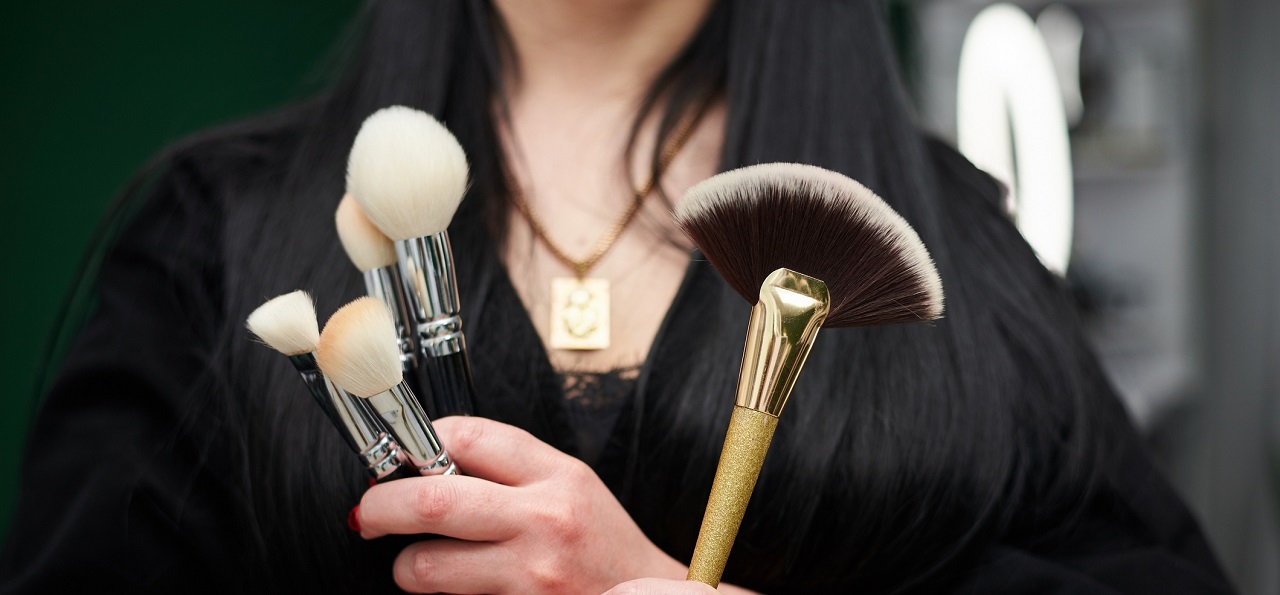In a decision issued Tuesday, the US National Labor Relations Board returned to the 2014 standard established in a FedEx Home Delivery case for determining independent contractor status under the National Labor Relations Act, overruling a 2019 decision in the SuperShuttle DFW Inc. case.
The NLRB voted three-to-one to overturn a more business-friendly ruling made during Donald Trump’s presidency that elevated workers’ “entrepreneurial opportunity” over other factors when classifying them as employees or contractors.
In applying the FedEx II standard, the board found that makeup artists, wig artists and hairstylists who work at the Atlanta Opera — and had filed an election petition with the NLRB seeking union representation — are not independent contractors excluded from the National Labor Relations Act but rather the opera’s employees and therefore covered under the Act and eligible to hold an election over whether to join a union.
Both the Trump- and Obama-era classification tests use the same 10 factors drawn from common law, which include the amount of control a company has over the work, the skill required for the job and how the worker is paid, Bloomberg Law reported. However, they differ in their treatment of entrepreneurial opportunity. The FedEx ruling said that factor is relevant but requires evidence that any alleged opportunity actually resulted in a worker conducting independent business activities for it to weigh on the side of independent contractor rather than employee status.
“In its decision, the board reaffirmed longstanding principles — consistent with the instructions of the Supreme Court — and explained that its independent-contractor analysis will be guided by a list of common-law factors,” the NLRB stated in a press release. “The board expressly rejected the holding of the SuperShuttle board that entrepreneurial opportunity for gain or loss should be the ‘animating principle’ of the independent contractor test.”
In the case — The Atlanta Opera Inc. and Make-Up Artists and Hair Stylists Union, Local 798, IATSE — the board further explained that entrepreneurial opportunity would be taken into account, along with the traditional common-law factors, by asking whether the evidence tends to show that a supposed independent contractor is, in fact, rendering services as part of an independent business.
In reviewing the facts of this case and applying the FedEx II standard in Atlanta Opera, the board determined that the majority of the traditional common-law factors point toward employee status. It also determined that the evidence did not show that the stylists rendered services as part of their own independent businesses.
“In today’s decision, the board returns to the independent contractor test articulated in FedEx II and reaffirms the board’s commitment to the core common-law principles that the Supreme Court has determined should guide the board’s consideration of questions involving employee status,” said NLRB Chairman Lauren McFerran. “Applying this clear standard will ensure that workers who seek to organize or exercise their rights under the National Labor Relations Act are not improperly excluded from its protections.”
The opera cannot immediately appeal the decision, Reuters reported. If the workers vote to unionize, the opera could refuse to bargain and bring the case back to the labor board and ultimately a federal appeals court.









